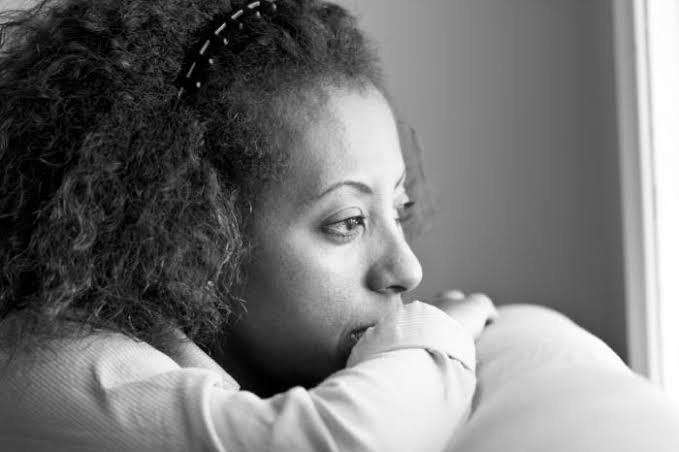Who is the Boss: "Baby Blues" or Postpartum Depression?
Written by Happiness Boniface
"I don't understand doctor; if it's not baby blues, then why is my wife behaving abnormally?" Mr. Charles asked, perplexed. He had heard about baby blues from a radio program. Mr. Charles is one of the numerous partners that doesn't know there is something worse than baby blues. His wife suddenly became withdrawn and grew hostile to their 2 months old baby and he didn't think of any other explanation.
 |
| Photo Credit: Healthline |
Unlike Mr Charles, a huge number of husbands would think their wives are possessed or at extreme, mad. This article seeks to talk about 'baby blues,' its symptoms, Postpartum depression( which I call baby reggae), their differences and ways of treatment.
Generally, having a new baby can come with a lot of feelings. Sometimes fear, happiness, anxiety, and sometimes a mixture of both positive and negative feelings. This is no doubt very normal to every new parent; after all, who wouldn't be scared of raising a small being into an adult?
However, where this anxiety persists after three days of child birth, there's a need to talk to a doctor as this could be "baby blues" or Postpartum depression at most.
What is 'Baby Blues' ?
This is a term used to describe a mild mood change and feelings of worry that usually occur about two to three days after child birth. This is usually caused by the shift in the level of progesterone and hormones. Symptoms of baby blues include: crying for no reason, having trouble sleeping, mild anxiety and sometimes questioning their ability to be a good parent. 'Baby blues' should normally last for about just four days or a week at most. An extension on the days might be a symptom of the 'reggae' syndrome: Postpartum Depression.
What is Postpartum Depression?
Postpartum depression(PPD), also called perinatal depression, is a depression that occurs during pregnancy or mostly after child birth. It usually occurs about two to eight weeks after giving birth.
According to the office on women's health report, 1 out of 9 women suffer from PPD. Interestingly, 10 percent of new fathers also experience PPD.
What are the Symptoms of Postpartum Depression?
Intense anxiety
Fatigue/lethargy
Overwhelmed persistent crying
Withdrawal from family and friends
No interest in the child
Symptoms of 'baby blues' are usually milder than Postpartum depression. While baby blues can be cured within two to four days with supportive family and care, PPD can only be cured by a health care provider
What are the Causes of PPD?
Doctors do not exactly know the causes of PPD. The National Institute of Mental Health suggests that it is a combination of environmental factors, life stress (for example at work, in the family etc) or even past trauma.
Also, physical and emotional demands of child bearing and caring for a new baby can cause extreme anxiety and women with a family history of depression or bipolar disorder are at great risk of having this depression.
When Does it get Worse?
PPD can graduate to a serious stage known as 'Postpartum psychosis', which is a severe mental illness following childbirth. It's symptoms includes, hallucinations, delusion, paranoia, confusion and suicidal thoughts or thoughts hurting the baby. On noticing this, family members are advised to take the person involved to a health care provider.
Are there Treatments for PPD?
Treatment of PPD includes therapy, medications or both. Therapies like psychotherapy, cognitive behavioural therapy (CBT), and interpersonal therapy can be used. While psychotherapy is called talking therapy. CBT on the other hand teaches different ways of thinking, behaving etc while interpersonal therapy is an evidence based therapy that has been used to treat depression with the goal of improving communication skills.
Where these therapies doesn't work, stimulation therapies such as electro convulsive therapy.
Also, medication like antidepressants can be used for treatment where the other methods fail. However, antidepressants can only function between 6_8 weeks and persons under this medication should be under strict surveillance as it comes with side effects.
 |
| Photo Credit: Medical News |
Whether it's 'baby blues' or Postpartum depression, there is great need for every family member to support, care for and be gentle with the new mother. This support might come with having deep conversations with them or going with them to see a health care provider. Husbands especially or the other spouse is expected to be the greatest supporter and be very vigilant in sensing the symptoms knowing that, it's not the woman's fault it's just a syndrome of 'baby blues' or 'reggae' syndrome and can be cured.



Comments